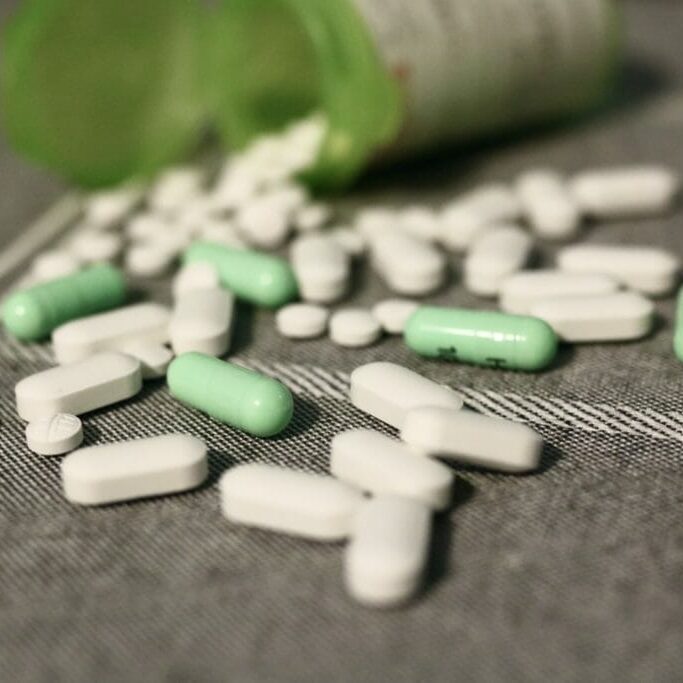
The case for the “Portugal Model”
Decriminalization is a compassionate way to tackle drugs
The decriminalization of hard drugs in Canada is not as far-fetched of an idea as it may seem. During the 2019 election, the Conservative leader Andrew Scheer accused the Liberals of being in favour of decriminalization. Although that has since been proven false, the NDP’s Jagmeet Singh has maintained his stance of being pro-decriminalization since 2017. But would decriminalization be a bad thing?
In recent years, the phrase “Portugal Model” has come to encompass the act of decriminalizing hard drugs in a state. When Portugal decriminalized possession and consumption of all drugs in 2001, many believed that the state would become a drug haven.
That wasn’t what happened.
Not as rash as it seems
Decriminalization has seen significant drops in drug related overdoses, as well as HIV and hepatitis infections. Overall drug use has not spiked since. According to Drug War Facts, in the span of eight years, drug related court cases have been reduced by 66 per cent. At first glance, the decriminalization of drugs seems like a rash and dangerous move. Decriminalizing drugs could lead to rampant addiction. However, there is a growing number of activists and health agencies who are calling for decriminalization.
According to the Globe and Mail, the Global Commission on Drug Policy has championed for decriminalization since 2011. The commission advocates for the liberalization of small scale, personal drug possession. The chair of the commission George Shultz has called the war on drugs a “failed venture” and says new approaches much be considered to tackle the issue.
Decriminalization doesn’t mean access
Decriminalization doesn’t mean availability or access. Considering the recent legalization of cannabis in Canada, we must first underline what decriminalization will not be. Cocaine will not become a product at Sobeys. Heroin and meth will not be available at the corner shop. The production and sale of drugs will still be illegal. What will be liberalized is the possession of a small number of drugs, which would face fines instead of criminal prosecution.
Portugal’s case is cited by most decriminalization activists, like Mylene Drouin, the director of Montreal’s public health department. Despite the worries that liberalization would turn Portugal into a needle-filled drug abyss, the reality is very different. Recorded drug use has reduced among young people and injection users. Another fear was that decriminalization would lead to an increase in consumption and a decrease in prices. Statistics has refuted this claim, finding that drug prices had increased since the 2001 reform. In addition, experts have found that the Portuguese drug policy has positively impacted the risk of blood-borne infections like HIV. The number of people dead from drug related deaths dropped from 80 pre-reform to 16 in 2012, according to the National Post.
A flawed system
The current system is flawed. Treating substance abuse through the criminal justice system is expensive and largely ineffective. Arresting users, putting them through the trial process and imprisoning them puts a financial strain on the country. The return on investment for this is next to nothing — jail time has done little to rehabilitate substance abuse. This is because addiction is a health care issue, not a criminal one. Substance addiction leads to crimes, but addiction itself is a health problem. The criminal record incurred affects every aspect of a person’s life. The criminalization of drugs scares others away from rehabilitation and encourages anti-social behavior.
Portugal has found a way to tackle this. If a police officer catches someone in possession of class A drugs, the user will be given 72 hours to appear before a rehabilitative body called the “Commission for Dissuasion of Drug Addicts. Class A drugs include heroin, cocaine and ecstasy. Social workers, medical professionals and legal actors will be present to determine the level of addiction for each person, then recommending treatment. The committee can impose legal penalties, such as fines or community service. This has led to a considerable depletion of drug user charges on the Portuguese criminal justice system. Aside from financial ease, addiction is a complex emotional, psychological and physical battle which should be treated as a disease, not a crime.
Portugal has offered a model for other nations who wish to implement a more integrated and effective response to drug use. Reform is not a magic tool to end drug addiction in Canada. However, it can be an effective, alternative measure that reduces harm to both the criminal justice system, and the individuals trapped under addiction’s relentless grip. Reform can bring in more money for rehabilitative treatment. Most importantly, it is a compassionate method of tackling drugs, which, at its core, is an issue of public health.






